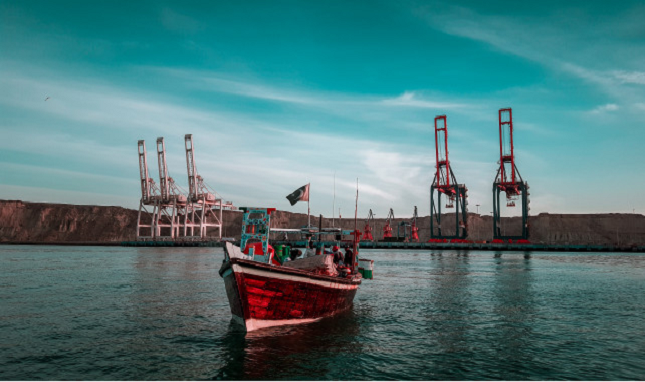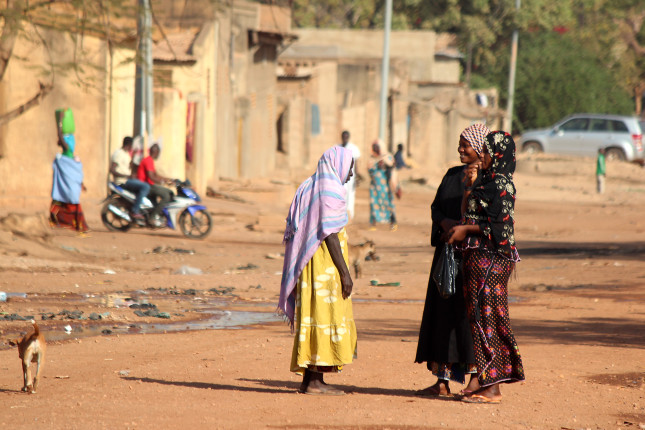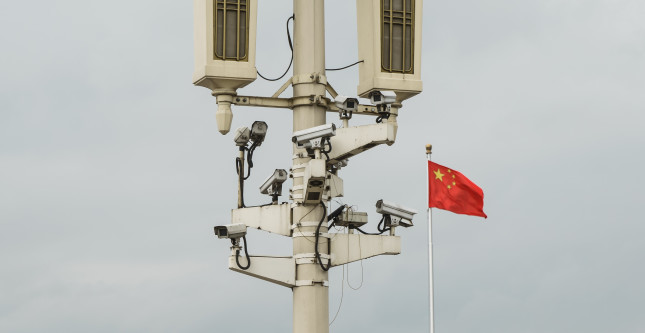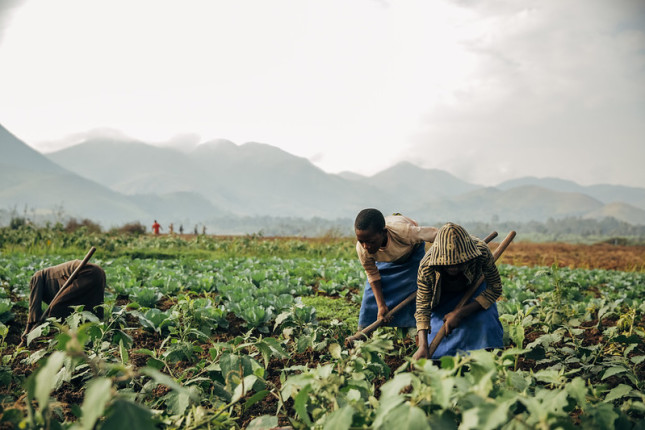Emily Allen
Emily Allen was a Staff Intern with the Environmental Change and Security Program from 2021-2022.
-
The Top 5 Posts of February 2022
›Since signing on to China’s Belt and Road Initiative, Pakistan has furthered its government’s partnership with China through the China-Pakistan Economic Corridor. While both initiatives concern development investments in infrastructure, the agreements have raised concern in Pakistan. In February’s top post, Sheraz Aziz assesses the environmental impacts, like deforestation and pollution from coal plants, and economic impacts, such as those on Gwadar’s fishing industry, that are sparking opposition from Pakistanis.
-
The Top 5 Posts of January 2022
›“Water wars”—violent clashes over scarce water resources—have for decades been predicted as likely or certain to happen. But while water-related issues can be contributors to conflict, Jeroen Warner and Sumit Vij dispel the water wars hypothesis in last month’s top post, arguing that it diverts attention “from issues like human security and governance of natural resources.”
-
The Top 5 Posts of December 2021
›
On the 34th anniversary of the assassination of Burkina Faso’s former President, Thomas Sankara, Richard Cincotta explored his legacy of economic and gender development in December’s top post. While present day Burkina Faso did not follow the development track Sankara set in motion, similar model countries, like Tunisia, were able to create social progress through similar policies.
-
Top 5 Posts of November 2021
›Earlier this year, the U.S. National Intelligence Council shared five scenarios for global development in 2040, and the OECD released three scenarios for global cooperation in 2035. In our top post last month, Steven Gale, Ana Fernandes, Krystel Montpetit, and Alanna Markle take a closer look at the differences and similarities between the two sets of scenarios, notably China’s role, growing fragmentation, increased digitalization, and a gradual breakdown in international cooperation and trade.
-
The Top 5 Posts of September 2021
›New strategies can help the United States develop a more effective approach to climate change. In our top post this month, Cynthia Brady, Liz Hume, and Nick Zuroski explain the need for addressing and integrating conflict prevention and climate risks into foreign policy and development assistance—and provide recommendations for how to better integrate conflict and climate risks into U.S. decision-making.









